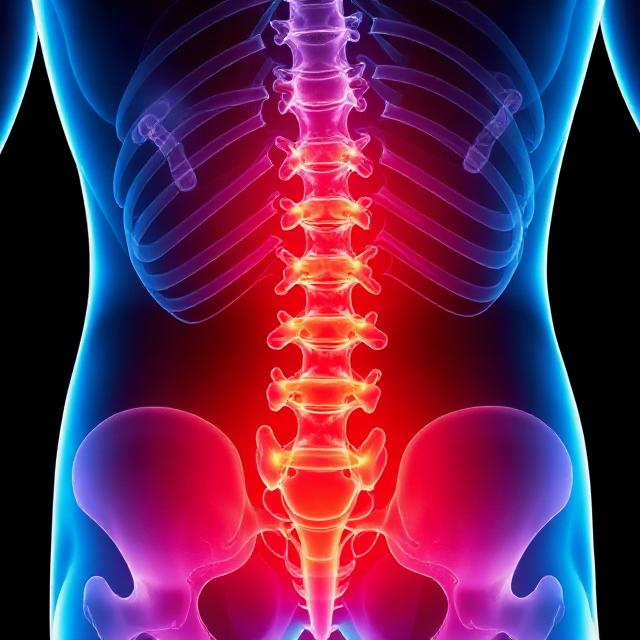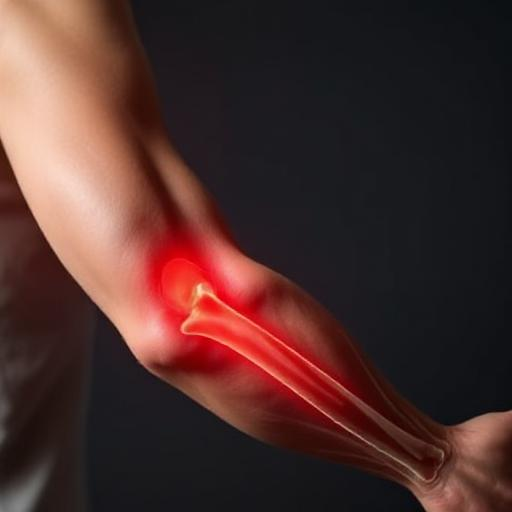Knee Pain Treatment: Exercise/Non-invasive treatment vs. Medications – Which Is Better?


Introduction:
Knee pain is a prevalent issue that affects people of all ages, often resulting from various causes such as injury, arthritis, or overuse. When it comes to addressing knee pain, two primary approaches are often considered: exercise and medications. In this article, we will explore these two knee pain treatment options, discuss their benefits and limitations, and help you decide which may be better suited to your needs.
Knee Pain Treatment: Exercise
Exercise is a non-pharmacological approach in managing knee pain that focuses on improving strength, flexibility, and overall joint function. Here’s how exercise can be an effective knee pain treatment:
Regular Chiropractic care:
Chiropractic care is essential to keep your knee healthy. Most people suffered from knee pain due to a pelvis that is misaligned in a particular way. Mostly an anteriorly and internally rotated pelvis that is responsible to a bad knee. In another word, keeping your lower back healthy is a good way to keep your knee healthy.
Aligning the knee:
While it is not as common as a lower back misalignment, it is important to keep in mind that the knee too have it’s own alignment. Keeping your knee in a good position is important, hence a regular Chiropractic assessment is necessary. Especially when you are having pain around the knee or frequent cavitation.
Strengthens muscles around the knee:
Targeted exercises can help build strength in the muscles that support the knee joint, including the quadriceps, hamstrings, and calf muscles. Strong muscles provide better stability and reduce stress on the knee.
Maintaining good joint flexibility:
Regular movement with active stretching by performing full range-of-motion exercises can improve joint flexibility, making it easier to maintain good movement of the knee, effectively preventing stiffness and discomfort.
Weight management:
Maintaining a healthy weight is crucial for knee health, as excess weight puts extra stress on the knee joints. Regular exercise can aid in weight management, reducing the load on the knees.
Encourage cartilage health:
Certain exercises, particularly low-impact activities like swimming and cycling, can help maintain the health of knee cartilage by promoting better circulation of synovial fluid within the joint, especially with the help of supplements such as chondroitin and glucosamine.
Prevent excessive stress on the knee:
While it is a good idea to exercise regularly, it is a different story when it comes to sports. Any exercise is better than none, that being said, excessive loading on the knee and pelvis with repeated unnatural movement, blunt trauma and high impact movement increase the risk of joint damage.
Knee Pain Treatment: Medications
Medications are often used to manage knee pain, providing relief from discomfort and inflammation. Common medications for knee pain treatment include:
Nonsteroidal Anti-Inflammatory Drugs (NSAIDs):
NSAIDs, like ibuprofen and naproxen, reduce pain and inflammation in the knee. They can offer quick relief but do not address the underlying causes of knee pain.
Acetaminophen:
Acetaminophen is a pain reliever that can help manage knee pain, but it has limited anti-inflammatory properties. It may be suitable for mild to moderate knee pain.
Corticosteroids:
Corticosteroid injections can provide rapid relief from knee pain by reducing inflammation. However, their effects are temporary and may require repeated injections.
Visco supplementation:
Hyaluronic acid injections, known as Visco supplementation, can help lubricate the knee joint and reduce pain for individuals with knee osteoarthritis.
Exercise vs. Medications for Knee Pain Treatment:
The choice between exercise and medications for your knee pain treatment depends on various factors, including the cause and severity of your knee pain, your overall health, and your preferences. Here’s a comparison of the two approaches:
Long-Term vs. Short-Term Relief
- Exercise/Non-invasive: Provides long-term benefits by addressing the root causes of knee pain by improving joint health over time via building up the muscle and managing a better bone position for a better knee stability.
- Medications: Offer short-term relief by reducing pain and inflammation, but do not address the underlying bio-mechanical cause issues in most cases.
Side Effects
- Exercise/Non-invasive: Safe, with or zero side effects, but other than temporary muscle soreness and the extra effort needed.
- Medications: Will have potential side effects, particularly with prolonged use, including gastrointestinal issues and interactions with other medications.
Severity of Pain
- Exercise/Non-invasive: Effective for most condition regardless of the pain severity. In condition that is very painful for the patient, it may not provide immediate relief at times. This is where medication can be helpful.
- Medications: Suitable for managing acute, severe pain or when exercise is initially challenging due to pain.
Individual Factors
- Exercise/Non-invasive: Requires motivation, consistency, and adherence to a well-designed exercise/ treatment program.
- Medications: May be a more immediate solution for those unable to engage in exercise due to severe pain or other health issues.
Conclusion:
The choice between exercise/Non-invasive and medications for knee pain treatment depends on your specific circumstances and the nature of your knee pain. In many cases, a combination of both approaches, under the guidance of a healthcare provider, can provide optimal results. It is essential to consult with a healthcare professional who can assess your condition, recommend the most suitable treatment plan, and monitor your progress to ensure the best outcomes in managing knee pain.
If you are looking for a non-invasive, non-drug and safe approach for your knee pain, you can always consult a chiropractor for your knee pain solution. As the knee pain may be due to your other cause such as your lower back misalignment. Spinal misalignment may cause nerve interference that led to knee pain, weakness, and discomfort as our lower back supply nerve for our legs. Therefore, it is important to have a chiropractor to check your spine regularly.



